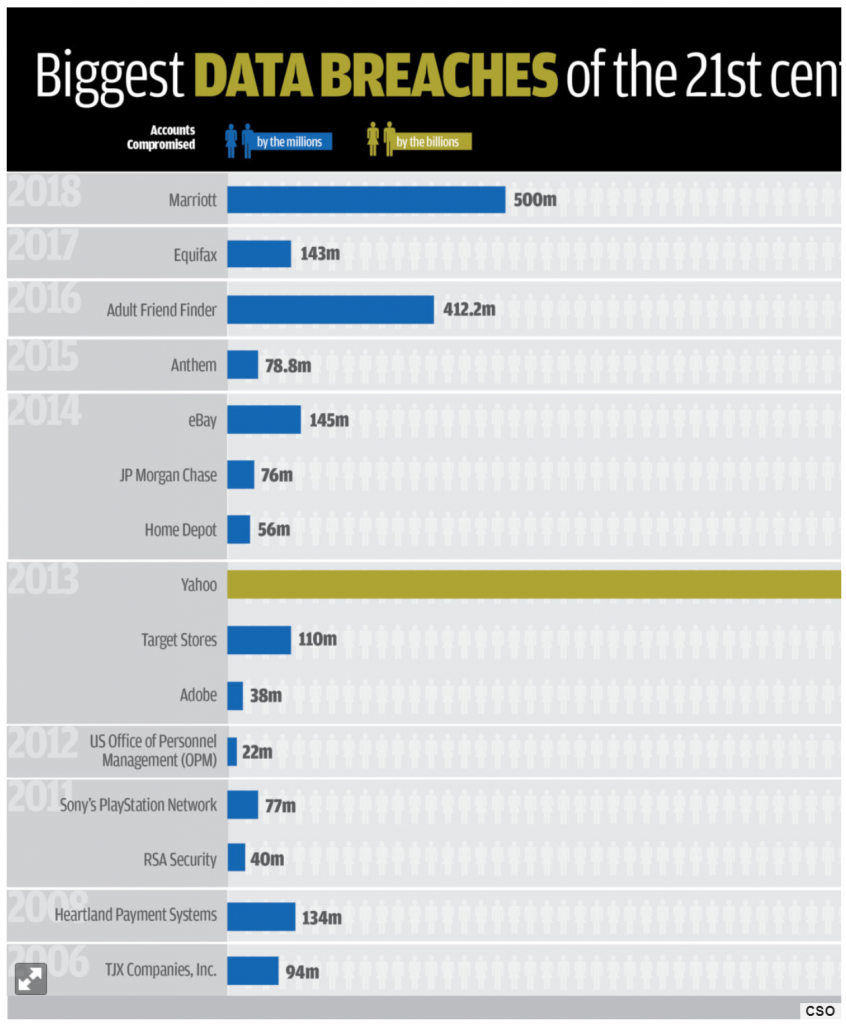In a world that is growing ever more focused on the digital data of our lives, the influence of social media and the data gathering is growing. Digital marketing today spans every facet of everyone’s’ lives, from the doctors people search for online to the plane tickets they book. As we share more data, we, as professionals, must consider by what code of ethics we are operating and if they are truly high enough.
In March 2018, news about the Facebook-Cambridge Analytica data-gathering scandal broke. It was an awakening for some that were long overdue. From the user standpoint, the reality that the friendly social media platform that made up a large portion of their entertainment, socialization, and even family time was not protecting the user’s data as was assumed. The violation of trust inherent in the breach was enough for many to rethink and/or abandon facebook altogether. From the standpoint of those using digital marketing, it was a wake-up call the fragility of the profit model upon which we rely. However, as we look back 20 months down the line, we have to consider if that awakening was enough. Have the public users truly understood the risk they put themselves each day? Have we as data gathers truly comprehended the weight of the responsibility we have to protect the data with which we have been entrusted.
Today, social media platforms continue to profit solely on digital marketing and the data they gather, and they are stronger than ever. Facebook remains the number one digital marketing source, offering access to over 1 billion active users each day. By what ethics does Facebook approach the collection of our data? Do they approach it was ethics at all?
When it comes to data collection, this problem is not limited to Facebook. There is little that is done today that cannot somehow be subjected to data mining. As the data access points grow, so does the risk and the greater need for responsibly and ethical guidelines. This is evidenced by the ever-growing stream of data breaches that hit our news streams each week.

Source: https://www.csoonline.com/article/2130877/the-biggest-data-breaches-of-the-21st-century.html
We, as professional markets, are driven by the potential profit inherent in this endless stream of data. However, with this endless stream, there is a growing risk to those we target. On a scale of 1 to 5, where one is safe and five is dangerous, the digital marketing model is tipping into the realm of 5. Indeed, without active participation on the part of the data gathers and digital marketers, to truly hold themselves accountable for the potential devastation that they can indirectly inflict through their lack of ethical and responsible practices, we stand to lose the trust of those who keep us alive today.
It is with this in mind that I recommend the following Code of Ethics:
Be Transparent
If you’re going to share data, be honest about it. Your customer has given YOU their data, not someone else. If the gathering of this data is for the purpose of sharing it with someone else, don’t hide that. Otherwise, you’re violating their trust and risking both bad press and the loss of clientele.
Never Compromise on Security
Breaches happen and chances are it will or has already happened to you. Don’t be made a fool of (again). Security is out there, and it isn’t rocket science to ensure that the data you collect is protected. Do it. It’s worth the expense and will save you the heartache of bad press later.
Know Your Audience
Your ad was never going to appeal to everyone. It is something that everyone knows from the beginning. So, know who it will appeal to and carefully craft your marketing to reach those people. We all have enough spam in our email inboxes as it is. Making each contact point with your customer as meaningful as possible means knowing who your customer is and what it is that interests them.
Know Your Business Partners
Pick who you work with carefully. Know how they work, the social culture of their business, the motivations, and the reputation that they have earned. The way those you partner with act reflects on you.
Use Analytics Wisely
Analytics measures are constantly growing in complexity. Be sure you know how to use them to their fullest and allowing them to provide you with the best information. With this information use it to make good choices on how to move forward. Otherwise, you might miss signs of trouble ahead.
Never Be Complacent
Constantly be questioning if you’re doing enough. Continually consider if the methods of the past are sufficient for today. Hackers get better. Security measure improves. Customers change interests. Business Partners adopt new projects and hire new employees. Every aspect of the world is constantly in flux, don’t be caught out simply because it was what you did in the past. There is no faster road to obsolescence than complacency.
Stay Classy to the End
Working with a professional agency is something that customers appreciate—even when they’re on their way out the door. When a customer requests to end a relationship with you, make it simply and thorough. This is your last chance to make an impression, make it a good one. When a customer doesn’t convert, don’t turn into their worst email spammer. Remember, a reputation is earned through all actions, not just the ones that make money.
Don’t Hide Your Mistakes
If the worst happens and a scandal knock at your door, own it. Make amends for it. Learn from it. Customers understand that mistakes happen and sometimes choices are made that have consequences that were unintended. It is the agencies that are willing to grow from their mistakes that succeed in maintaining trust. Talk about what you did wrong and turn it into a lesson on how your company cares instead of an example of how you don’t.
Sources
https://www.wired.com/story/cambridge-analytica-facebook-privacy-awakening/
https://www.csoonline.com/article/2130877/the-biggest-data-breaches-of-the-21st-century.html

